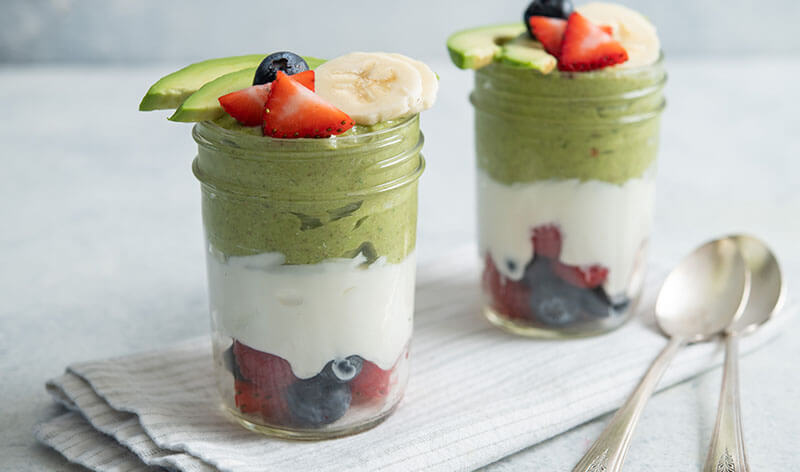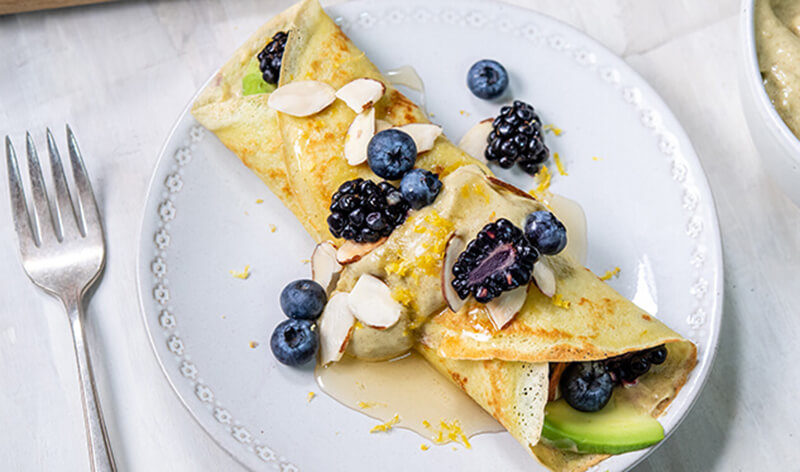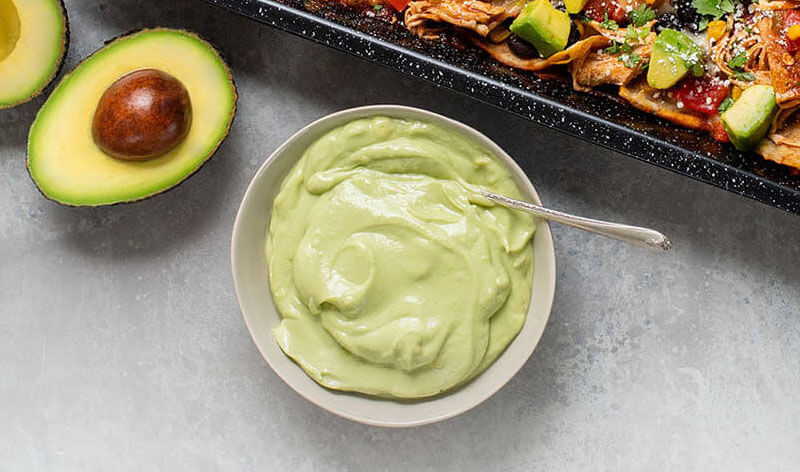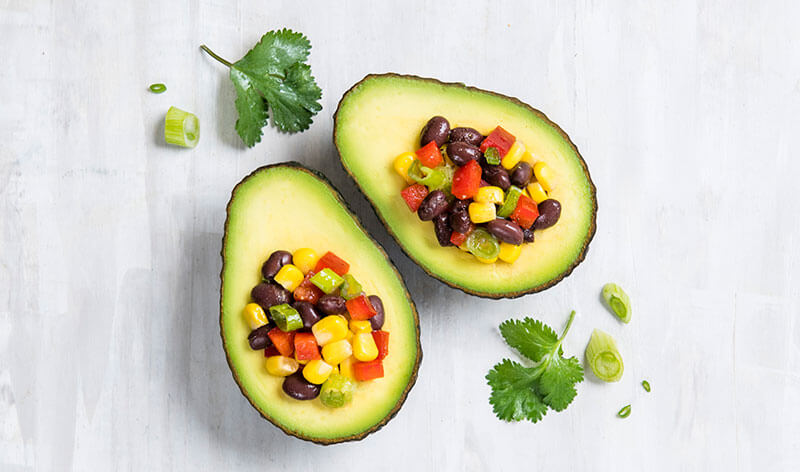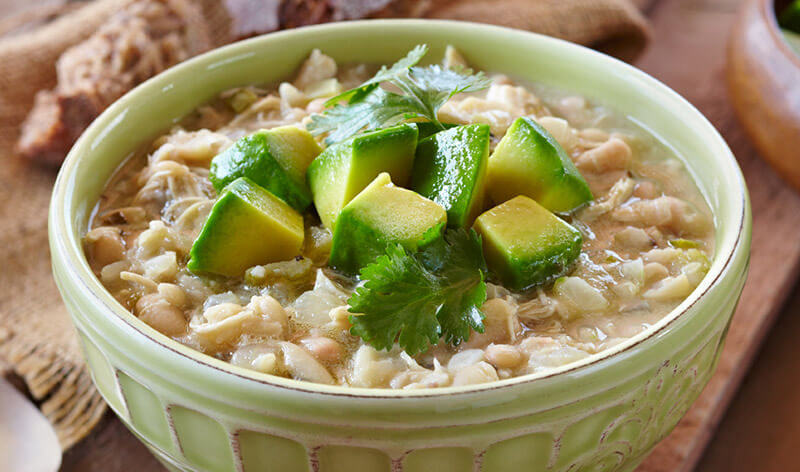Definition:
- Probiotics: Live microorganisms that provide health benefits by supporting a balanced gut microbiome.
- Prebiotics: Non-digestible fibers that serve as food for beneficial bacteria, promoting their growth and activity.
Function:
- Probiotics: Probiotics: Introduce beneficial bacteria into the gut to aid digestion, enhance immune function, and support overall well-being.
- Prebiotics: Fuel beneficial gut bacteria by providing non-digestible fibers that help them grow and thrive.
Examples of Natural Sources:
- Probiotic Foods: Yogurt (with live cultures), kefir, kimchi, sauerkraut, tempeh, miso, pickles (fermented in brine).
- Prebiotic Foods: Avocados, bananas, asparagus, onions, garlic, oats, lentils, almonds.
The Role of Avocados:
- Avocados contain 3 g of fiber per 50 g serving, including prebiotic fiber that nourishes gut bacteria.
- Their combination of fiber and healthy fats helps protect and enhance probiotic absorption, supporting digestion and microbiome diversity.
- Prebiotics: Avocados are easy to include in a variety of meals, from breakfast smoothies to delicious cremas.
Microbiota vs. Microbiome:
- Microbiota: The community of trillions of microorganisms—including bacteria, viruses, fungi, and protozoa—that reside in and on the human body, particularly in the gut.
- Microbiome: The collective genomes of the microbiota, representing the full genetic material of all the microorganisms in a specific environment, such as the gastrointestinal tract.
The Difference Between Probiotics and Prebiotics
(And How Avocados Fit In)
Gut health does more than keep your digestion on track — it plays a role in immune function, energy levels, and overall well-being. Probiotics and prebiotics work together to support a balanced gut microbiome, and the best way to get them is through food. While many people think of yogurt and fermented foods as the best sources of gut-friendly nutrients, other everyday foods — like avocados — can support your gut health, too.
Let’s break down everything you need to know about prebiotics and probiotics–and what makes avocados such a great choice for your gut health.
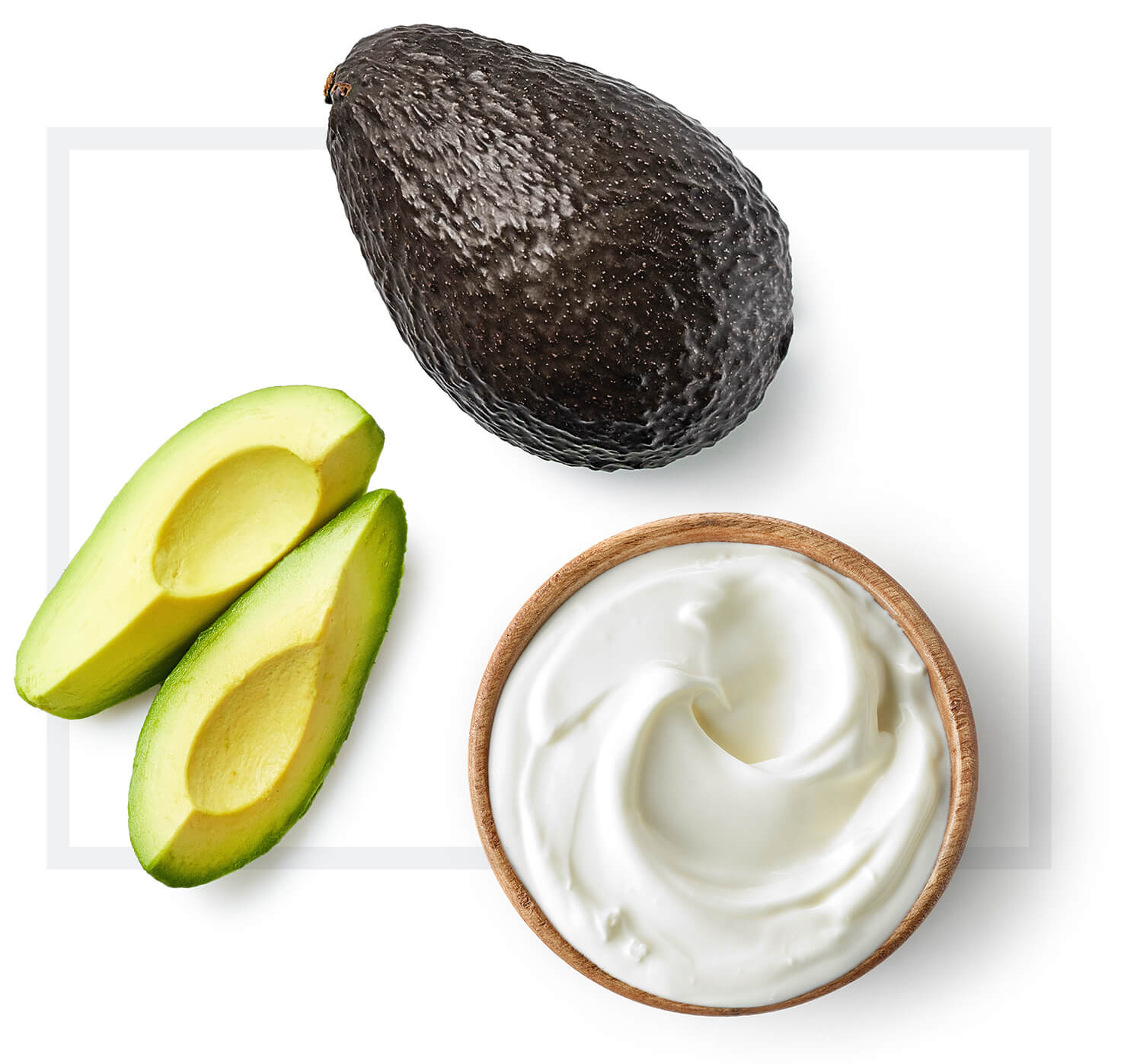
What Are Probiotics and Why Do They Matter?
Probiotics are live bacteria and microbes that live in your digestive tract and may benefit your gut health. These beneficial bacteria help regulate digestion, support immune function, and may contribute to overall wellness. However, not all probiotics have proven health benefits.
When your gut bacteria is imbalanced, you may experience digestive discomfort, weakened immunity, and other health concerns. Adding probiotic-rich foods to a diet can help support this natural balance.
Different probiotic strains provide different benefits. Some of the most well-known types of probiotics include:
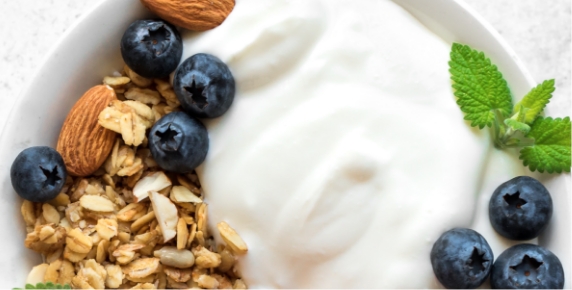
Found in yogurt, kefir, and fermented vegetables.
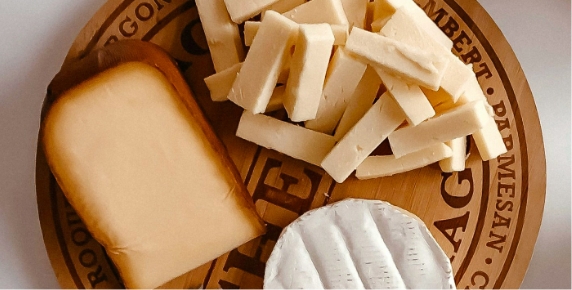
Present in dairy products, fermented vegetables, and some probiotic-fortified foods.
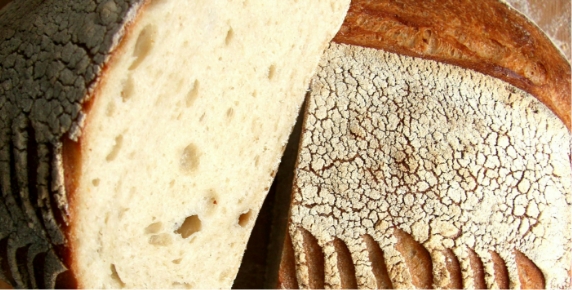
A probiotic yeast commonly used to support digestion.
Probiotics do more than aid digestion — they help maintain balance in the gut microbiome. A well-supported gut microbiome contributes to overall well-being, and incorporating probiotic foods into your diet is one way to keep it in check.
What Are Prebiotics and How Do They Support Gut Health?
Prebiotics are non-digestible fibers found in many foods. They promote the growth of helpful bacteria in your gut. Prebiotics are often confused with probiotics because of the similar name, but prebiotics are not bacteria or other microbes. They are the fuel or the fertilizer that probiotics need to flourish and survive in your gut.
Natural Sources of Probiotics and Prebiotics
You can get most of the probiotics and prebiotics you need from your diet.
Many fermented foods contain probiotics, offering a natural way to increase your intake. Prebiotics, on the other hand, are found in fiber-rich plant foods that help sustain those bacteria over time. Fruit fiber, such as pectin, has been shown to promote a healthy gut as well. Just one-third of an avocado has 1.2 g of pectin and serves as a good source of fiber.
Incorporating both types of foods into a daily diet makes it possible to support long-term digestive health without relying on supplements.
Natural Probiotic Foods
Probiotics are naturally found in foods that contain live, active cultures. These foods can help maintain gut balance when eaten as part of a balanced diet. Dietary sources of probiotics include:
- Yogurt (with live cultures)
- Kefir
- Sauerkraut
- Kimchi
- Miso
- Tempeh
- Pickles (fermented in brine)
When choosing probiotic foods, ensure they contain live cultures, as some commercial products are pasteurized, which removes the most beneficial bacteria. The food should clearly indicate that it contains live cultures and will likely let you know how many are in each serving.
Natural Prebiotic Foods
Prebiotics help nourish beneficial gut bacteria by providing the fiber and nutrients they need to thrive. Many plant-based foods contain prebiotic fibers, which pass through the digestive system undigested until they reach the colon, where they serve as fuel for probiotics. Including prebiotic foods in a healthy diet can support digestion, gut health, and overall well-being. Some of the best natural sources of prebiotics include:
- Avocados
- Bananas
- Asparagus
- Oats
- Lentils
- Chia seeds
- Almonds
The fiber in these whole foods works behind the scenes to keep your microbiome balanced. Pairing them with probiotic foods can further enhance their benefits and contribute to overall digestive wellness.
How Avocados Help with Probiotic and Prebiotic Absorption
A 50 g serving of avocado offers 3 g of fiber that can support gut health in multiple ways. The fiber in avocados promotes the growth of beneficial bacteria by creating an environment where probiotics can thrive. Science has proven that a diet that includes regular consumption of avocados leads to a more diverse microbiome, made up of microbiota. Microbiota is the community of bacteria within the gut, and they benefit from your diet as well.

In a study that evaluated the impact of daily avocado consumption for 6 months on gut microbiota in 230 adults with abdominal obesity, the avocado group showed higher gut microbiota diversity and significant increases in Faecalibacterium prausnitzii and Bacterium AF16_15 compared to controls. Improvements were more pronounced in participants with lower baseline diet quality, highlighting avocados’ potential prebiotic benefits. The Avocado Nutrition Center supported this study.
Because avocados also contribute 6 g of healthy fats per serving, they may assist the body in digesting probiotics naturally.
Certain probiotic strains are more effective when consumed with healthy fats, as the lipids help protect the bacteria as they travel through the digestive system. This makes it easier for probiotics to reach the intestines, where they can provide the most benefits. Taking in enough healthy fats can empower the probiotics to do their best work within your gut.
How To Add More Probiotics and Prebiotics to Your Diet
Maintaining a balanced gut microbiome starts with making intentional food choices. Though you can find probiotic supplements at your local pharmacy, getting your pro- and prebiotics from healthy whole foods is a better option.
To increase probiotic intake, try incorporating fermented foods into daily meals. Add yogurt or kefir to smoothies or breakfast bowls, include sauerkraut or kimchi as a flavorful side dish, or mix miso or tempeh into soups and stir-fries. When choosing pickles for your sandwiches or snacks, choose varieties fermented in brine rather than vinegar to ensure they contain live cultures.
The secret to consuming more prebiotics is increasing your fiber intake. Avocados, bananas, nuts, and other fruits and vegetables with fiber all deliver prebiotics to your gut microbiome. Snack on fruit alongside your lunchtime sandwich or chow down on a banana with your morning coffee. Intentional fiber intake can fuel the probiotics that keep you healthy.
Gut health isn’t just about taking a probiotic supplement — it’s about creating the right environment for beneficial bacteria to thrive. The food choices you make every day shape your microbiome, influencing digestion, immune function, and even mood. You can support a healthier, more resilient gut by eating various probiotic-rich fermented foods and prebiotic sources like avocados.
Looking for new ways to incorporate avocados into your diet? Look deeper into Love One Today to find collections of delicious, gut-friendly recipes that make it easy to enjoy their benefits. Check out our archive of avocado recipes to find your next gut-healthy meal!

